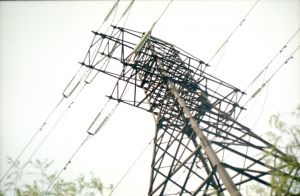
October 27, 2011
FHA Loans and Rental Income
There are many frequently asked questions about FHA loans in connection with rental properties. Some borrowers purchase a home with an FHA insured mortgage and live there for a while, then decide to explore their options for renting the existing home out and purchasing a new one to live in. One of the most common questions in this case has to do with qualifying income for a new FHA loan. “Can I rent my current home and use the income to qualify for a new FHA mortgage?” According to the FHA official site, there was concern that borrowers might exaggerate the amount of rental income received on the first property. To address those concerns, the FHA instituted a new policy which took effect in late 2008. “Beginning with case number | more...









